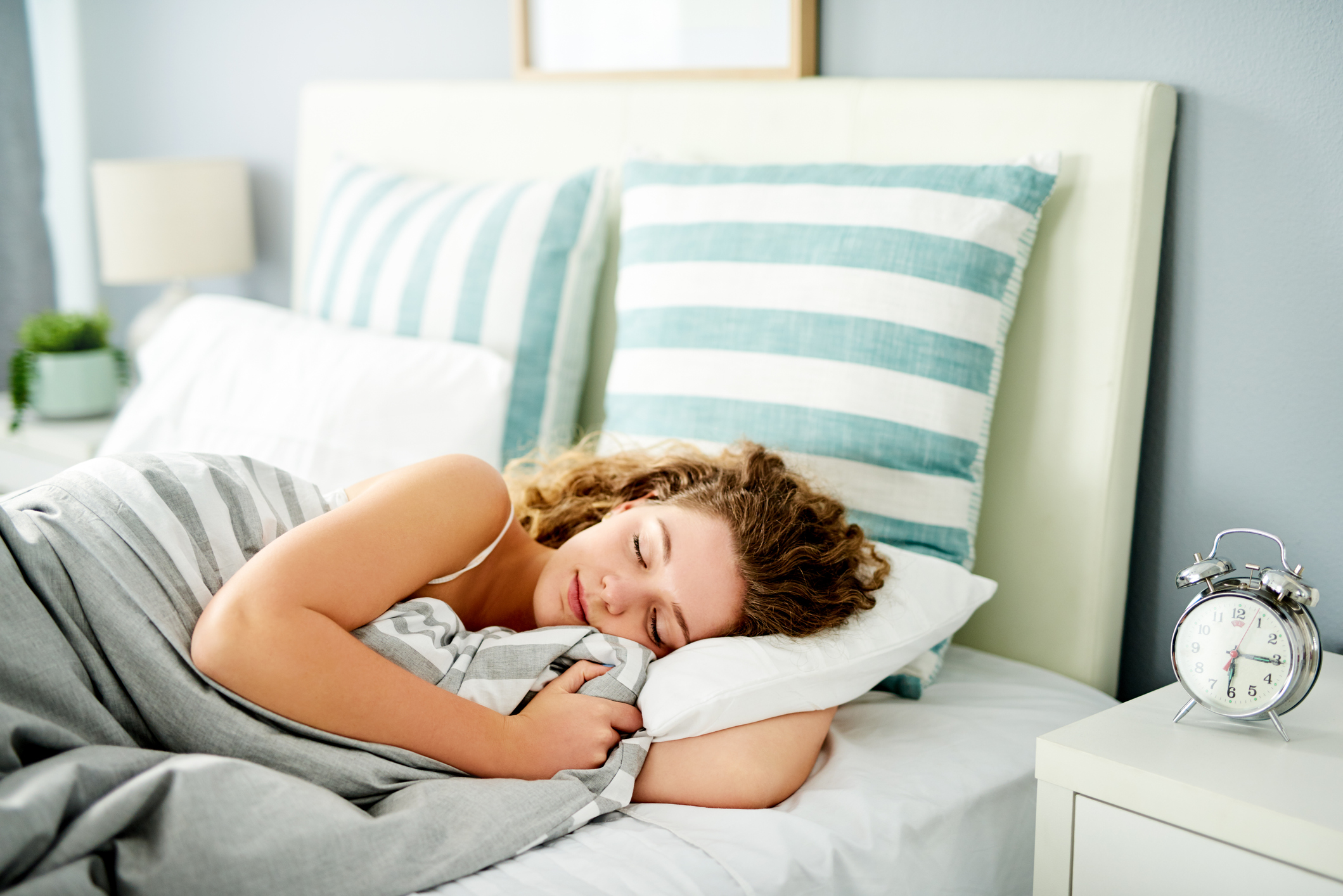Introduction
Daylight Saving Time (DST) can disrupt our sleep patterns and make it challenging to adjust to the time change. Losing or gaining an hour of sleep can impact our sleep quality and overall well-being. In this comprehensive guide, we will explore five effective strategies to help you sleep better during Daylight Saving Time. From adjusting your sleep schedule to creating a sleep-friendly environment, these tips will assist you in adapting to the time change and maintaining healthy sleep habits.
Gradually Adjust Your Sleep Schedule
To ease the transition during Daylight Saving Time, consider gradually adjusting your sleep schedule in the days leading up to the time change. Follow these steps
- Start a few days before: Begin adjusting your bedtime and wake-up time gradually, shifting them by 10-15 minutes earlier or later each day, depending on whether you are springing forward or falling back.
- Stick to the schedule: Be consistent with your adjusted sleep schedule, even on weekends. This helps regulate your body’s internal clock and promotes better sleep quality.
- Optimize your sleep environment: Ensure your bedroom is conducive to sleep by creating a dark, quiet, and comfortable space. Use blackout curtains or an eye mask to block out any extra daylight.
Manage Your Exposure to Light
Light exposure plays a crucial role in regulating our sleep-wake cycle. Consider the following tips to optimize your exposure to light during DST
- Get natural light in the morning: Expose yourself to natural sunlight as soon as possible after waking up. This helps signal to your body that it’s time to be awake and alert.
- Limit exposure to bright light in the evening: In the hours leading up to bedtime, reduce your exposure to bright lights, especially blue light emitted by electronic devices. Dim the lights in your home and consider using blue light-blocking glasses or apps to filter out blue light.
- Be mindful of artificial light sources: Ensure that your bedroom is free from excessive artificial light sources, such as LED displays or alarm clocks. Use blackout curtains or invest in a sleep mask to block out any ambient light.
Practice a Relaxing Bedtime Routine
Establishing a consistent bedtime routine can signal to your body that it’s time to wind down and prepare for sleep. Consider the following relaxation techniques
- Create a soothing routine: Engage in calming activities before bed, such as reading a book, taking a warm bath, practicing relaxation exercises, or listening to calming music or podcasts.
- Limit stimulating activities: Avoid engaging in stimulating activities close to bedtime, such as intense exercise, consuming caffeine, or using electronic devices
- Practice mindfulness or meditation: Incorporate mindfulness or meditation into your bedtime routine to promote relaxation and reduce racing thoughts
Maintain a Healthy Sleep Environment
Creating an optimal sleep environment can significantly improve your sleep quality. Consider the following tips
- Ensure a comfortable temperature: Keep your bedroom cool and well-ventilated, as a slightly cooler room temperature promotes better sleep. Use breathable bedding materials and adjust the thermostat accordingly.
- Invest in a supportive mattress and pillow: A comfortable mattress and pillow that support your body’s natural alignment are essential for quality sleep. Evaluate your sleep surface and make necessary upgrades if needed.
- Minimize noise disruptions: Use earplugs, white noise machines, or soothing sounds to mask any disruptive noises that may interfere with your sleep.
- Establish a clutter-free space: A clean and organized bedroom can promote relaxation and a sense of calm. Remove clutter and create a peaceful environment that promotes restful sleep.
Stick to Healthy Sleep Habits
Maintaining healthy sleep habits year-round is crucial, especially during DST. Consider the following recommendations
- Stick to a consistent sleep schedule: Go to bed and wake up at the sametime every day, even on weekends. Consistency helps regulate your body’s internal clock and promotes better sleep.
- Limit caffeine and alcohol intake: Caffeine and alcohol can interfere with your sleep quality. Avoid consuming these substances close to bedtime and moderate your intake throughout the day.
- Engage in regular physical activity: Regular exercise can promote better sleep, but try to avoid vigorous activity too close to bedtime, as it may be stimulating.
- Avoid heavy meals before bed: Eating a heavy meal too close to bedtime can disrupt your sleep. Opt for lighter, sleep-friendly snacks if you’re hungry before bed.
- Manage stress levels: High stress levels can interfere with sleep. Practice stress-management techniques, such as deep breathing exercises, journaling, or engaging in activities that promote relaxation.
Conclusion
Daylight Saving Time can disrupt our sleep patterns, but with the right strategies, we can adjust and maintain healthy sleep habits. By gradually adjusting your sleep schedule, managing your exposure to light, practicing a relaxing bedtime routine, maintaining a healthy sleep environment, and sticking to healthy sleep habits year-round, you can sleep better during DST and promote overall sleep health. Remember that everyone’s sleep needs are unique, so experiment with these strategies to find what works best for you. Prioritize your sleep, and your body will thank you with improved energy, mood, and overall well-being.
- Vessel Craftsman Series: Elevate Your Vape Game with Style and Elegance! - July 27, 2024
- CBD OIL By Swdistro-The Ultimate CBD Oil Comprehensive Evaluation - March 29, 2024
- Jillian Michaels’ 30 Day Shred: Does It Help You Lose Weight? - July 14, 2023


